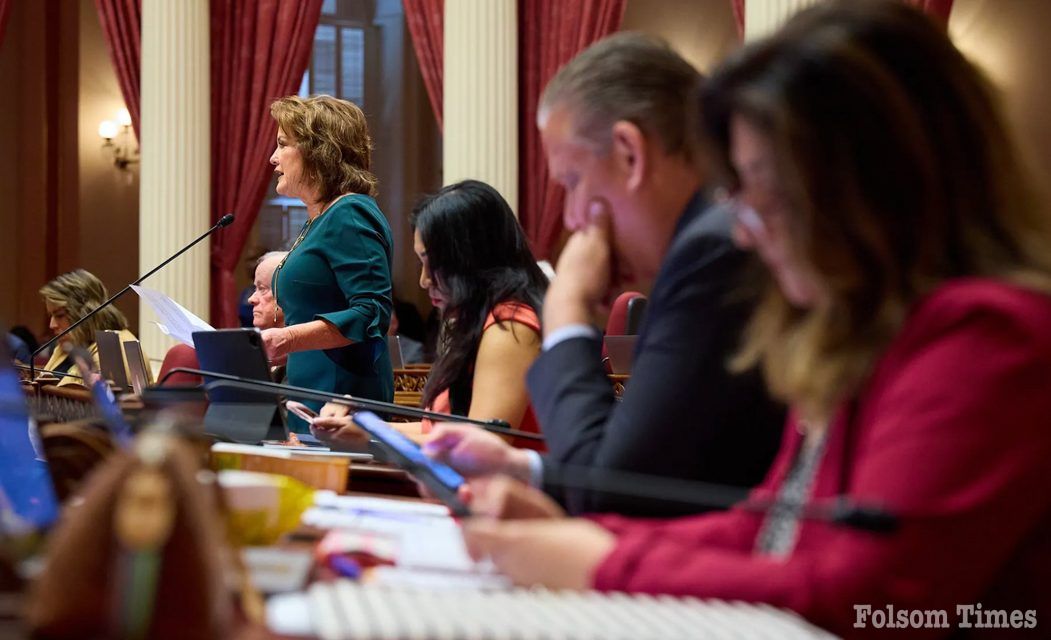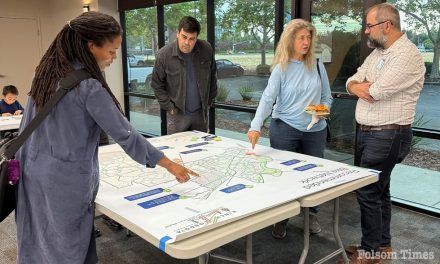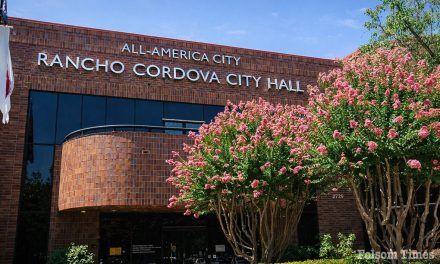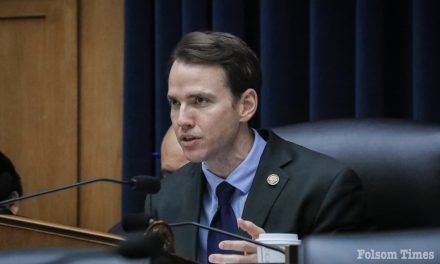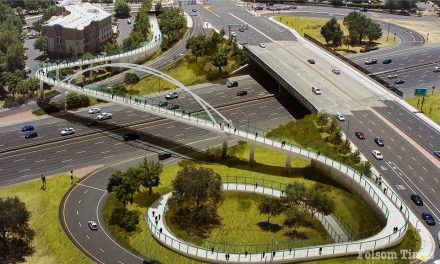By Yue Stella, Jeanne Kuang, Mikhail Zinshteyn, CalMatters
Gov. Gavin Newsom proposed major cuts to Medi-Cal and other social programs to close a $12 billion deficit. Democrats in the state Legislature are pushing back, proposing more borrowing.
California legislative leaders announced today that they reached a budget proposal to address the state’s $12 billion expected deficit, leaning heavily on borrowing from other state funds to continue providing social services rather than making the deep cuts Gov. Gavin Newsom proposed.
While Newsom wants to slash health care services for low-income Californians, reduce funding to public universities and provide no funding to tackle homelessness, Democratic lawmakers proposed softer changes, at times rejecting the governor’s ideas altogether.
Newsom’s May budget proposal cameamid a bleak fiscal outlook for California, one that legislators say they share. They blamed the fiscal turmoil on President Donald Trump’s tariff policies, the state’s fast-growingMedi-Cal enrollmentand the costly Los Angeles wildfires.
But, legislative leaders argued, balancing the state’s budget should not come at the expense of “California’s most vulnerable.”
“While we have made many tough but necessary decisions to achieve a balanced budget, we will never waver in our commitment to all Californians,” saidSenate President Pro Tem Mike McGuireand Assembly Speaker Robert Rivas, both Democrats, in a joint statement.
The Legislature faces a June 15 deadline to pass a budget bill, though in recent years they have approved “placeholder” legislation and continued negotiations with Newsom in the following weeks, as they are expected to do this year.
Republicans criticized the proposal for not doing enough to reduce spending.
“I caution that the state will face even more challenging budget years if we do not make substantive changes to ongoing spending problems now,” Roger Niello, the Republican vice chair of the Senate Budget Committee, said in a statement.
The legislative proposal relies on $7.8 billion in borrowing, $3.5 billion in cuts and $1 billion in moving money and deferring or delaying payments to close the $12 billion hole. Lawmakers also want to overhaul California’s Rainy Day Fund to allow the state to deposit more money into reserves during years when the state is flush with cash — an idea that would require voter approval.
Agreement on Medi-Cal cuts
One of the most extensive cuts Newsom proposed was to the Medi-Cal system, which provides health insurance to low-income residents. The coverage was expanded last year to include poor people who are living in the country illegally, driving up costs at a higher rate than anticipated and forcing the state toallocate more money to the program in March.
Newsom proposed freezing new Medi-Cal enrollment for immigrants who lacked legal status and charging current enrollees premiums to lower the cost. He also proposed cutting in-home care for undocumented immigrants and restoring an asset test for some Medi-Cal enrollees, sparking outrage and protests among caregivers andadvocates for low-income seniorsand those with disabilities.
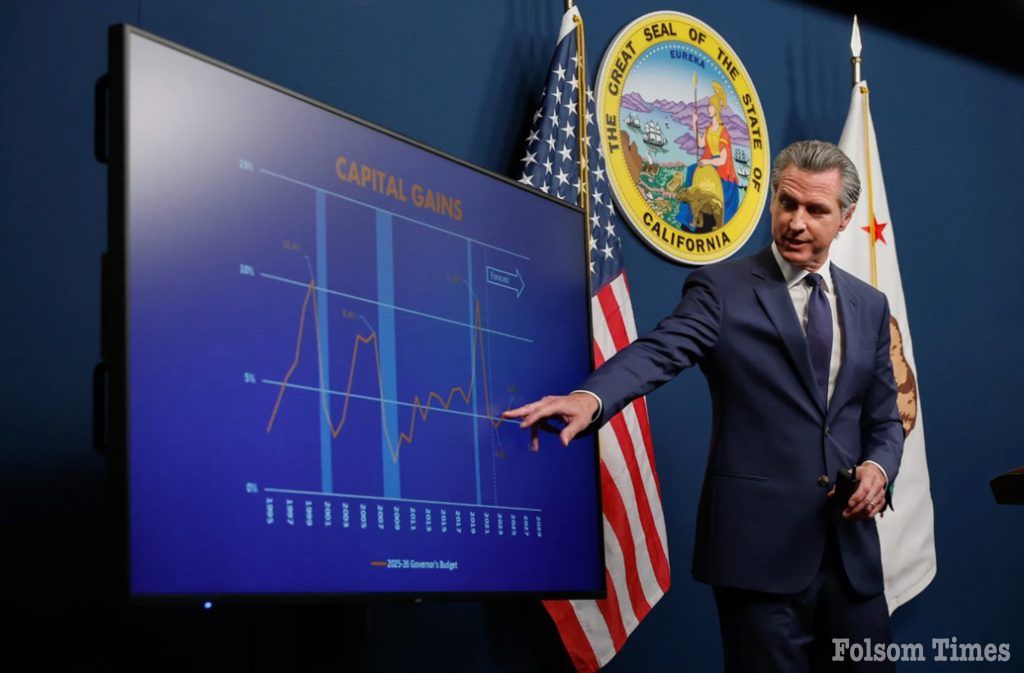
Legislators rejected many of Newsom’s proposed cuts in their proposal, refusing to slash overtime hours for in-home caregivers — a proposal even Republicans opposed.
Newsomhad proposed ending Medi-Cal coverage for seniors who have more than $2,000 in assets, which would have cut about 112,000 seniors from the program by mid-2027, Department of Health Care Services director Michelle Baass has said. But lawmakers are proposing a higher asset threshold of $130,000.
Still, legislative leaders found some common ground related to Medi-Cal with Newsom in their budget agreement. They agreed toeliminate coverage for weight loss drugs like Ozempic, and using more than more than $1 billion from Prop. 35 to prop up Medi-Cal expenses.
The prospect of steep social service cuts has been a tough pill to swallow for the Democratic supermajority at the same time as the Republican-led Congress is pursuing its own cuts to Medicaid and food stamps. The influential legislative Latino Caucus strongly opposed cutting health coverage for immigrants who entered the country illegally. But while lawmakers privately floated other options to rein in health care spending, including limiting services rather than blocking enrollment, they never coalesced around an alternative.
Now, lawmakers appear ready to back Newsom’s proposals to halt enrollment and charge monthly premiums for undocumented adults who are covered by Medi-Cal — with some changes. Those include lowering premiums from what Newsom wanted, delaying cutting dental benefits for those immigrants and allowing immigrants who are already covered to re-enroll within six months if they lose coverage for not paying a premium.
Amanda McAllister-Wallner, executive director of Health Access California, said the Legislature’s budget primarily delays the cuts Newsom proposed and doesn’t include enough new solutions to preserve health care access for immigrants and other low-income Californians.
“We’re really seeing the Legislature double down on the exact same solutions that were in the governor’s budget and continuing to balance this budget by making deep cuts to health care and deep cuts to services,” she said.
But lawmakers want to reverse another controversial cut Newsom proposed: Funding to reproductive health providers. In May, the governor proposedmoving $500 million in tobacco-tax-funded dollars— money that was supposed to go toward services including women’s health — into the state’s general fund, a move condemned by Planned Parenthood as “cruel.” The legislative deal rejected the governor’s plan.
Mayors resist plan to cut homelessness funding
Lawmakers also proposed new funding for public safety and homelessness. The legislative deal includes a one-time fund of $110 million for counties toimplement Proposition 36, the tough-on-crime proposal voters approved last fall that includes stricter sentences and mandated treatment programs for some drug and theft offenses. Republicans, some Democrats and local prosecutors had demanded the funding. Nearly half money proposed by lawmakers would go toward behavioral health services.
Legislators are proposing $500 million in funding to address homelessness, after Newsom last month proposed no funding toward local governments as he slammed them for failing to address the state’s ballooning homeless population. The amount ishalf what the state approved last year.
Local leaders said the cut threatened to unravel “years of work and momentum” fighting homelessness.
“This is a moment that demands urgency, not retreat,” a coalition of mayors from California’s 13 largest cities said in a statement.
Those mayors pushed last week for thereinstatement of annual homelessness funds, which began in 2018. The Big City Mayors Coalition said the Legislature’s proposed cuts would eliminate more than 3,250 shelter beds, scale back services for more than 12,500 people and halt construction of more than 2,250 new housing units.
The legislative deal includes another $500 million in the state’s Low Income Housing Tax Credits to fund affordable housing projects, $300 million to help first-time home buyers and $120 million to build more affordable rental housing.
Legislators also want to spend less money from the state’s climate funds to pay for firefighting costs than Newsom.
Last month, Newsom proposed extending andtapping into the state’s landmark cap and trade program— funded by major polluters — to fund the California high-speed rail project and cover California’s firefighting costs, drawing fierce opposition from both Democrats and Republicans. The governor sought to use at least $1.5 billion a year to pay for fire prevention, growing to $1.9 billion in fiscal year 2028-29.
Lawmakers agreed to allocate $1 billion from the climate fund over the next two years for that purpose and guarantee no funding beyond next year.
Newsom had also proposed drawing $316 million from Proposition 4 funding – a$10 billion climate bond measurevoters approved last year – to backfill the state’s budget. Legislators proposed to lower that amount instead to $142 million.
Lawmakers reject cuts to UC and CSU
The Legislature rejected Newsom’s proposal to cut base funding from the University of California and California State University, which together have more than 750,000 students. That’s a pivot from last year, when lawmakers agreed to cut state support for universities by 8% for the upcoming 25-26 budget year. In the wake of a massive campaign against the cuts, Newsom instead proposed reductions of 3% in May, just under $300 million.
The Democratic lawmakers are seeking no cuts at all. And, with the governor’s plans to restore other funding that was cut from the universities last year, the systems would see a combined $200 million bump in state education spending.
In another win for students, lawmakers want to halt a planned reduction to the Middle Class Scholarship, which gives hundreds of thousands of students several thousand dollars to pay for school. Last year’s budget dropped funding to $527 million, but lawmakers are now seeking to restore it to its previous roughly $900 million in funding.
CalMatters health reporter Kristen Hwang and housing reporter Marisa Kendall also contributed to this report. This article is a product of CalMatters and published in Folsom Times to keep local readers up to date on state matters that may affect them. Folsom Times is an authorized media distributor/partner with CalMatters.
